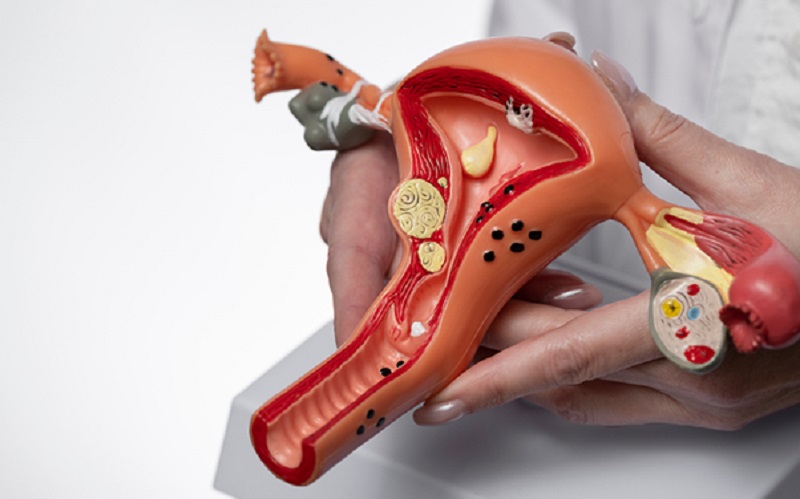Trying to conceive without success creates frustration. Many couples begin their journey with an OBGYN specialist, but some cases require targeted fertility treatment in Singapore. Knowing the right moment to transition to a fertility specialist helps avoid delays and increases the chance of conception.
Recognising Fertility Red Flags After OBGYN Consultations
Most couples start by consulting an OBGYN specialist for general reproductive health or initial fertility concerns. OBGYNs handle routine assessments, basic tests, and common hormonal irregularities. They manage ovulation tracking, menstrual cycle regulation, and lifestyle-related advice.
Persistent setbacks, however, indicate the need for escalated care. Failure to conceive after 12 months of regular unprotected intercourse (or six months for women over 35) suggests diminished fertility. OBGYNs refer such cases to a fertility specialist for more advanced evaluation and treatment options.
Recurring miscarriages, irregular ovulation, endometriosis, or low sperm count demand further analysis. OBGYNs may detect these signs but lack access to specialised diagnostic tools like hysterosalpingography, hormone stimulation testing, or semen DNA fragmentation analysis. Fertility specialists interpret complex data and offer fertility treatment in Singapore tailored to specific reproductive issues.
Couples delaying transition after repeated failures extend the timeline for effective treatment. Identifying limitations of general OBGYN care helps determine the right course.
Understanding the Scope of Fertility Specialists in Singapore
Fertility specialists handle advanced reproductive concerns. Their core advantage lies in accessing targeted tests and proven medical interventions. While OBGYNs perform initial screening, fertility experts move deeper into hormonal function, ovarian reserves, tubal integrity, and male fertility.
Specialists offer procedures such as intrauterine insemination (IUI), in-vitro fertilisation (IVF), and egg or sperm freezing. These procedures require controlled hormonal stimulation and precise timing—tasks beyond a general OBGYN scope. Fertility treatment in Singapore includes preimplantation genetic testing, sperm retrieval procedures, and embryo freezing to support long-term plans.
Beyond physical assessments, fertility clinics provide structured treatment cycles. Progress tracking, follicle scans, and daily hormone injections often form part of the process. Fertility specialists explain medical options clearly, helping patients set expectations, timelines, and budgets.
Those receiving limited guidance from OBGYNs or failing to benefit from standard medication protocols may see positive results by transitioning to fertility specialists earlier. Specialised clinics provide access to more choices and deeper fertility tracking.
When Age, Diagnosis, or Delay Demands Specialist Intervention
Age influences fertility significantly. Women over 35 face declining egg reserves. Delayed intervention in such cases often results in lower success rates. An OBGYN may offer oral fertility drugs like Clomid, but rarely manages ovarian stimulation or IVF cycles. Women in this age bracket benefit from specialist evaluation before wasting valuable time.
Men with low sperm motility or morphology also require direct intervention. Fertility clinics use techniques like ICSI (intracytoplasmic sperm injection) to help couples with severe male factor infertility. These solutions lie outside OBGYN practice boundaries.
Specific diagnoses—like polycystic ovary syndrome (PCOS), premature ovarian failure, or unexplained infertility—often show poor response to general medication or cycle tracking. Patients must not rely solely on OBGYN specialists for long when tests yield unclear results. Fertility specialists bridge diagnostic gaps and escalate cases to suitable protocols promptly.
Those pursuing fertility preservation through egg or embryo freezing also require specialist care. Delays reduce the quality of stored material and limit future treatment flexibility. Seeking early support from a fertility clinic leads to more proactive options.
Key Signs Indicating It’s Time to Transition
Several signs show the need to stop general consultations and proceed with professional care. These include:
- No pregnancy after 12 months of timed intercourse
- Women over 35 are failing to conceive after six months.
- Two or more pregnancy losses without explanation
- History of irregular periods or known ovulation issues
- Diagnosed with endometriosis or fibroids impacting fertility
- Low sperm count or abnormal semen analysis
- Prior unsuccessful IUI or medicated cycles from an OBGYN
Delaying specialist care due to comfort or routine weakens reproductive outcomes. Couples must treat fertility as time-sensitive, especially with advancing age or prior medical concerns.
Identifying these signs early allows faster access to structured fertility treatment in Singapore. Skipping this step creates emotional and physical strain while wasting potential fertile months.
Contact O&G Specialist Clinic to explore fertility treatment in Singapore and receive care beyond general OBGYN support.

